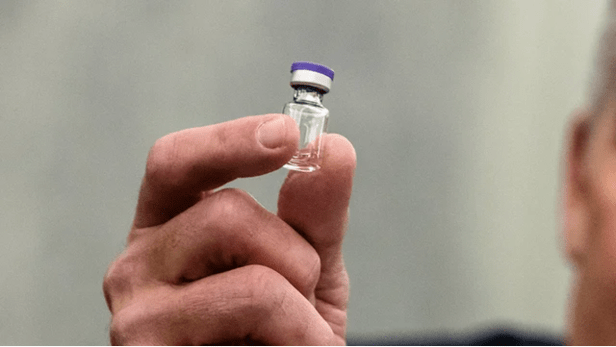Researchers: PFAS exposure linked to vaccine efficacy, children’s immune systems
By Shaun Robinson | Cape Cod Times | March 12, 2021

Read the full article by Shaun Robinson (Cape Cod Times)
“BOSTON — A week after a study found higher levels of PFAS in Cape Cod drinking water than was previously known, scientists from Harvard University’s T.H. Chan School of Public Health said exposure to the ‘forever chemicals’ can have a negative effect on immune system development in children and is associated with some risk factors for COVID-19.
‘We are late in realizing what these compounds do to the immune system, and in the meantime, these PFAS compounds have been spread globally,’ Dr. Philippe Grandjean, an adjunct professor of environmental health, said during a public webinar Thursday. ‘I’ve never met a blood sample that did not contain PFAS. We are all exposed.’
The webinar, hosted by the town of Barnstable and the University of Rhode Island’s Sources, Transport, Exposure and Effects of PFAS program, also covered how per- and polyfluoroalkyl substances have been shown to reduce vaccine efficacy, and offered solutions for mitigating the chemicals’ effects.
Last week’s study, also from Harvard, found PFAS levels above the state maximum for drinking water in the Childs River and Quashnet River watersheds in Mashpee, as well as the Mill Creek watershed in Hyannis. Researchers used a new testing method that detected more PFAS than tests that are typically used by the state and federal government.
PFAS can be found in a wide array of everyday products, such as carpets and upholstery, waterproof clothing, waxes on hardwood floors and skis, nonstick cookware, takeout packaging, dental floss, cosmetics and paints, she said. It can also be found in drinking water, seafood and meat…”
This content provided by the PFAS Project.
Location:
Topics: